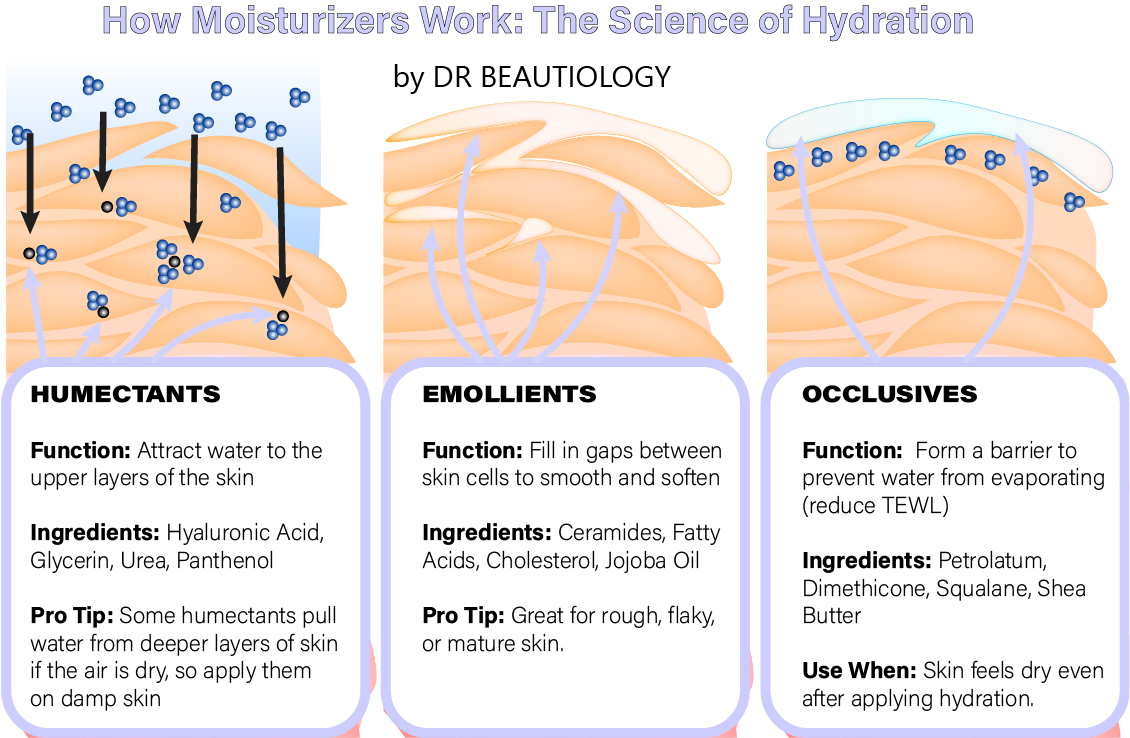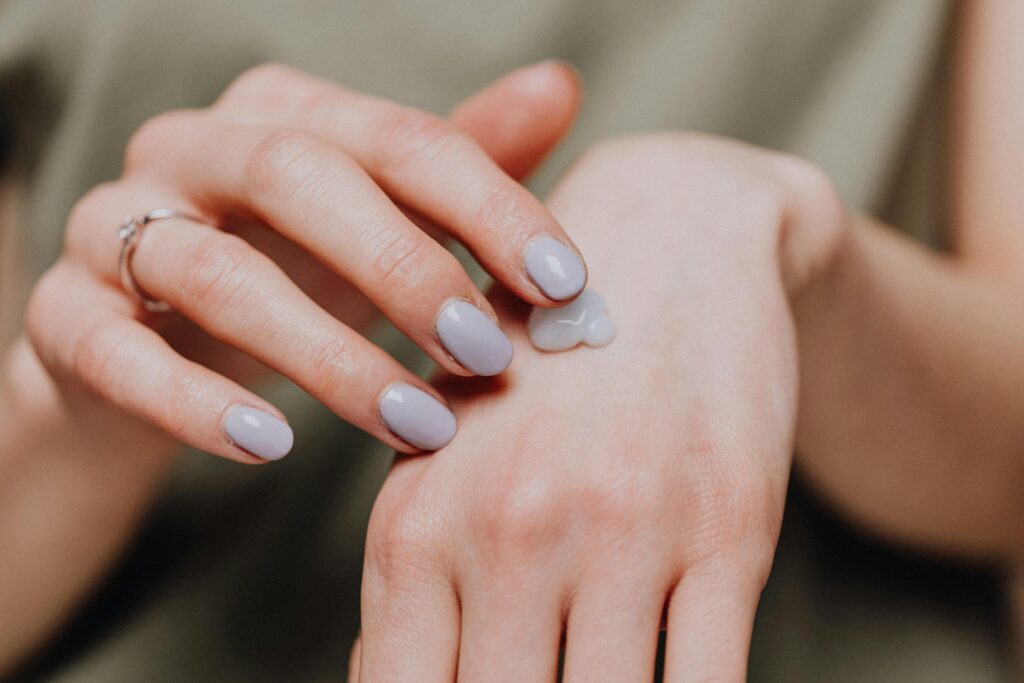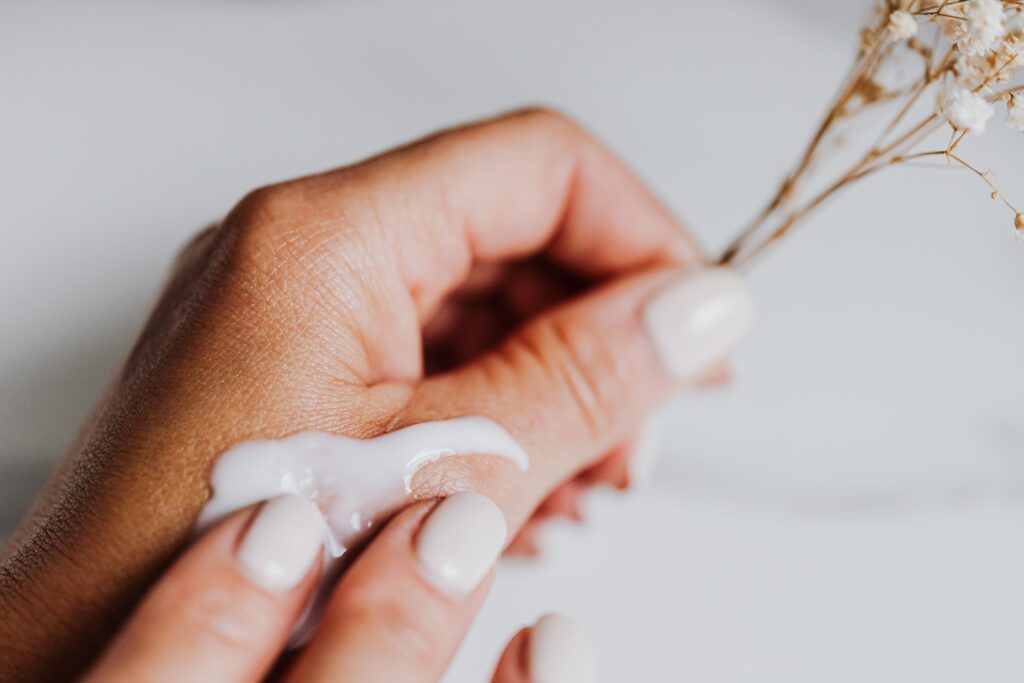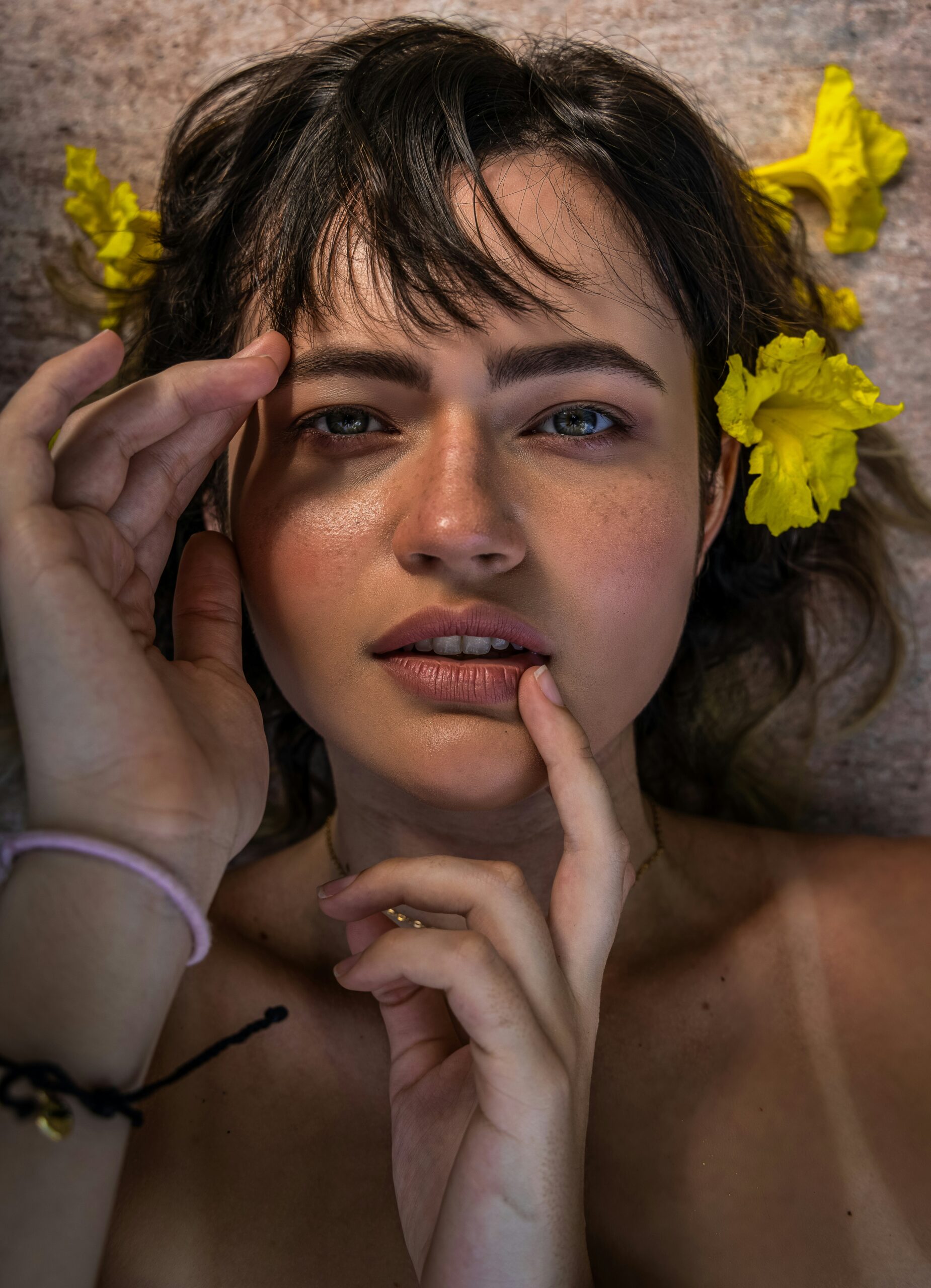The Moisturizer Debate
Moisturizers have long been considered a cornerstone of skincare, but do they truly benefit all skin types? Or is it just a marketing gimmick designed to sell more products? While some dermatologists swear by daily moisturizing, others argue that excessive use can make your skin “lazy”—reducing its ability to self-regulate moisture.
The truth? Moisturizers are essential for maintaining skin health, but not every skin type needs the same kind of hydration. A well-formulated moisturizer can reinforce the skin barrier, prevent Transepidermal Water Loss (TEWL), and protect against irritation. But using the wrong one—or overusing it—can clog pores, lead to dependency, and even worsen skin issues.
So, how do you know if you really need a moisturizer? And more importantly, which type is best for your skin? In this in-depth guide, we’ll break down the science behind moisturizers, help you understand their function, and provide evidence-based recommendations tailored to different skin types.
Quick Takeaway: Moisturizer is not optional—it’s a crucial step in skincare. However, the right type and application method depend on your skin’s natural needs and environmental factors.
- The Moisturizer Debate
- What Does a Moisturizer Actually Do? (Breaking Down the Science)
- Who Actually Needs a Moisturizer? (And Who Needs the Right One?)
- Can Moisturizers Make Your Skin “Lazy”? (The Dependency Myth)
- The Downsides of Using a Moisturizer Incorrectly
- What Are the Best Alternatives to Heavy Moisturizers?
- Conclusion: Yes, You Need a Moisturizer—But It’s Not One-Size-Fits-All
What Does a Moisturizer Actually Do? (Breaking Down the Science)
To understand whether you need a moisturizer, let’s start with what it actually does. Moisturizers are formulated to increase water content in the skin, strengthen the lipid barrier, and reduce TEWL. They work through a combination of humectants, occlusives, and emollients—each playing a distinct role.
The Three Core Functions of a Moisturizer
| Function | Purpose | Key Ingredients |
| Humectants | Draw moisture into the skin from the air or deeper layers | Hyaluronic Acid, Glycerine, Urea, Sodium PCA, Panthenol |
| Occlusives | Seal in moisture and prevent water loss | Petrolatum, Dimethicone, Lanolin, Beeswax, Shea Butter, Squalane, Cocoa Butter |
| Emollients | Fill gaps between skin cells, making the skin soft and smooth | Ceramides, Fatty Acids, Cholesterol, Squalane, Jojoba Oil, Silicones |
Why Moisturizers Are Essential for Skin Health
- The skin barrier (stratum corneum) acts as a natural shield against environmental aggressors like pollution, UV rays, and bacteria.
- Studies confirm that moisturizers reinforce barrier function by replenishing lost lipids and reducing TEWL by up to 98% when formulated correctly.
- Without proper hydration, the barrier weakens, making skin more prone to irritation, breakouts, and premature aging.
Can Your Skin Hydrate Itself Without a Moisturizer?
Some claim that healthy skin doesn’t need a moisturizer because it naturally produces sebum and Natural Moisturizing Factors (NMFs). While this is partially true, it doesn’t account for:
- Environmental Factors: Pollution, central heating, and harsh weather strip moisture away from the skin.
- Aging: As we age, our skin loses its ability to retain water, leading to increased dryness and fine lines.
- Cleansing & Exfoliation: Harsh face washes and exfoliants can strip away natural oils, leaving the skin vulnerable.
Key Takeaway: Even if your skin produces some hydration naturally, daily exposure to external stressors means that most people benefit from a moisturizer—especially when paired with a well-balanced skincare routine.

Fun Fact: The term “moisturizer” was first popularized in the 1950s, but civilizations as early as Ancient Egypt used oils and waxes to protect their skin from moisture loss.
Who Actually Needs a Moisturizer? (And Who Needs the Right One?)
Not all skin types require the same level of hydration. Understanding whether you need a moisturizer—and which type—is key to preventing unnecessary breakouts, irritation, or dependency.
Skin Types That Benefit the Most from a Moisturizer
Dry & Dehydrated Skin
- Symptoms: Tightness, flakiness, dull appearance, increased sensitivity.
- Scientific Insight: Dry skin lacks essential lipids, while dehydrated skin lacks water—both benefit from moisturizers that provide a balance of humectants, occlusives, and emollients.
- Best Ingredients:
- Occlusives (Petrolatum, Squalane) to seal in moisture.
- Humectants (Hyaluronic Acid, Glycerin) to increase water retention.
- Emollients (Ceramides, Shea Butter) to reinforce the lipid barrier.
Pro Tip: If your skin still feels dry after applying moisturizer, try layering a hydrating serum first, then sealing it in with an occlusive-based cream.
Sensitive & Eczema-Prone Skin
- Symptoms: Redness, irritation, frequent reactions to skincare.
- Scientific Insight: Sensitive and eczema-prone skin has a compromised lipid barrier, making it more vulnerable to TEWL and irritation. Barrier-repairing moisturizers with ceramides, fatty acids, and anti-inflammatory agents are essential for protection.
- Best Ingredients:
- Ceramides & Fatty Acids to repair the barrier.
- Colloidal Oatmeal & Panthenol to soothe inflammation.
- Fragrance-Free, Hypoallergenic Formulas to minimize irritation.
Pro Tip: Apply moisturizer while skin is still slightly damp after cleansing to help lock in hydration more effectively.
Aging Skin
- Symptoms: Fine lines, dullness, loss of elasticity.
- Scientific Insight: As skin ages, it loses collagen and hyaluronic acid, leading to increased dryness and fine lines. Hydrating moisturizers with peptides, antioxidants, and humectants help restore lost moisture and improve elasticity.
- Best Ingredients:
- Peptides & Growth Factors to boost skin renewal.
- Antioxidants (Vitamin C, Coenzyme Q10) to combat oxidative stress.
- Hyaluronic Acid & Squalane for intense hydration.
Fun Fact: Studies show that skin hydration directly correlates with a youthful appearance, as well-moisturized skin reflects light better, making fine lines less visible.
Key Takeaway: Moisturizers are necessary, but their formulation must be tailored to skin type. Dry and aging skin benefits from richer formulations, while sensitive skin needs gentle, barrier-repairing ingredients.

Can Moisturizers Make Your Skin “Lazy”? (The Dependency Myth)
A common myth in skincare circles is that moisturizers can make your skin dependent on them, reducing its ability to self-regulate moisture. Some claim that overuse signals the skin to produce fewer natural oils, leading to dryness and reliance on external hydration. But is there any truth to this claim?
What Science Says About Moisturizer Dependency
- The skin barrier (stratum corneum) naturally regulates moisture by producing ceramides, fatty acids, and cholesterol, which help retain hydration and prevent transepidermal water loss (TEWL).
- Studies confirm that properly formulated moisturizers support, rather than replace, the skin’s ability to retain hydration, particularly for those with compromised skin barriers..
- Overuse of heavy occlusive moisturizers on oily or well-balanced skin may lead to congestion, which some people mistake for dependency, but there is no scientific evidence that moisturizers reduce natural oil production.
Key Takeaway: Moisturizers do not make skin lazy, but using an overly rich or occlusive moisturizer when your skin doesn’t need it can cause congestion or excess oil buildup.
Who Should Be Cautious About Over-Moisturizing?
| Skin Type | Risk of Overuse? | Solution |
| Dry & Dehydrated | ❌ No risk. Moisturizers are essential for barrier repair. | Use occlusives + humectants to retain hydration. |
| Oily & Acne-Prone | ✅ Yes, possible. Too much moisturizer can cause congestion. | Opt for a lightweight, oil-free gel with humectants only. |
| Normal/Combination | ⚠️ Maybe. Overuse can suppress lipid production. | Adjust usage based on climate and skin condition. |
| Sensitive/Eczema-Prone | ❌ No risk. Barrier protection is crucial. | Use fragrance-free, ceramide-rich creams. |

Pro Tip: If you’re worried about over-moisturizing, try “skin fasting”—skip your moisturizer for a few days and observe whether your skin feels drier or oilier. If it becomes irritated or flaky, you definitely need a moisturizer.
The Downsides of Using a Moisturizer Incorrectly
Moisturizers are a vital part of skincare, but using the wrong one—or applying it incorrectly—can lead to issues like breakouts, excess oiliness, and ineffective hydration.
Common Moisturizer Mistakes & Their Effects
| Mistake | What Happens? | How to Fix It |
| Using a heavy moisturizer on oily skin | Can clog pores and cause breakouts. | Use a gel-based or oil-free formula instead. |
| Applying moisturizer on dry skin without dampening it first | Moisturizer won’t absorb properly, leading to dehydration. | Apply moisturizer on damp skin to lock in hydration. |
| Using occlusive-only formulas without humectants | Can feel greasy without actually hydrating. | Ensure your moisturizer contains humectants like hyaluronic acid. |
| Overloading moisturizer in humid climates | Can lead to congestion and excess oiliness. | Switch to lighter formulas in hot, humid conditions. |
The Hidden Ingredients That May Harm Your Skin
- Fragrances & Essential Oils: Common irritants for sensitive skin, causing redness and allergic reactions.
- Alcohol-Based Formulas: Some alcohols can be drying and strip the skin barrier, especially in alcohol-heavy toners.
- Silicones (in excess): While silicone derivatives like dimethicone and cyclomethicone help reduce TEWL, excessive use in certain formulations may create a barrier that prevents other beneficial ingredients from penetrating effectively.
What Are the Best Alternatives to Heavy Moisturizers?
For those who dislike traditional creams or want a lighter, non-occlusive routine, there are alternative ways to keep skin hydrated and healthy.
Alternative Hydration Strategies
| Alternative | How It Works | Best For |
| Hydrating Serums | Use humectants (HA, glycerin, sodium PCA) to bind water to the skin. | Oily, normal, or combination skin. |
| Barrier-Repairing Face Oils | Mimic natural sebum, sealing in hydration. Best when layered over humectants. | Dry, aging, or sensitive skin. |
| Hydrating Mists & Toners | Provide a refreshing moisture boost throughout the day. | All skin types, especially dehydrated skin. |
| SPF-Infused Moisturizers | Protect from UV damage while providing hydration. | Combination & aging skin. |
Pro Tip: If you find traditional moisturizers too heavy, layering a hydrating serum with a light emollient (like squalane) may provide all the hydration you need.
Can You Skip Moisturizer Completely?
Some dermatologists suggest that certain people (especially those with naturally balanced skin in humid environments) may not need a daily moisturizer. Instead, they can rely on hydrating serums and proper SPF use to maintain hydration without occlusive barriers.

Key Takeaway: If your skin doesn’t feel dry, tight, or irritated without a moisturizer, you might not need one daily—but you still need hydration.
Conclusion: Yes, You Need a Moisturizer—But It’s Not One-Size-Fits-All
So, do you really need a moisturizer? Absolutely—but the type, formulation, and frequency should be tailored to your skin’s needs.
- If you have dry, aging, or sensitive skin, you need a moisturizer rich in ceramides, fatty acids, and humectants to maintain barrier function.
- If you have oily or acne-prone skin, a lightweight, gel-based hydrator with niacinamide or hyaluronic acid is best.
- If you live in a humid climate or have naturally balanced skin, you may benefit from hydrating serums instead of thick occlusive creams.
Final Thought: Skincare isn’t about blindly following trends—it’s about understanding what your skin truly needs. Whether you use a moisturizer or opt for alternatives, hydration is essential for healthy, resilient skin.
Do you use a moisturizer daily, or have you tried skipping it? What works best for your skin? Let us know in the comments!
Talk to you soon!
Dr Bozica
References:


I live in a really humid area and honestly I barely use moisturizer anymore. Should I still be putting one on or no?
If your skin’s happy without it, you’re probably fine. But a lightweight humectant serum or/and SPF-moisturizer hybrid can still help keep your barrier in check!
You mentioned some essential oils might irritate sensitive skin—are there any that are generally safer or better tolerated?
Good question! Chamomile, calendula, and blue tansy are usually gentler—but even those can irritate depending on the formula. Always patch test!
I tried skin fasting for like 4-5 days and tbh my skin didn’t really change much. Does that mean my skin’s healthy or I’m using the wrong products?
Could be both! If your skin felt fine, you’re either doing something right or you don’t need much support. Just don’t forget SPF 😀
If my skin feels oily but tight after washing, does that mean I’m both oily and dehydrated? What kind of moisturizer should I use then?
Yep, that tight-but-oily combo usually means dehydration. Try a gel moisturizer with humectants like glycerin or hyaluronic acid—nothing heavy. If it has niacinamide, even better 🙂
Such a helpful post! Clear, accurate and straight to the pont. Thanks a lot! Can’t wait to read more about skincare and natural ingredients! Greetings from Spain!
Thank you 🙂